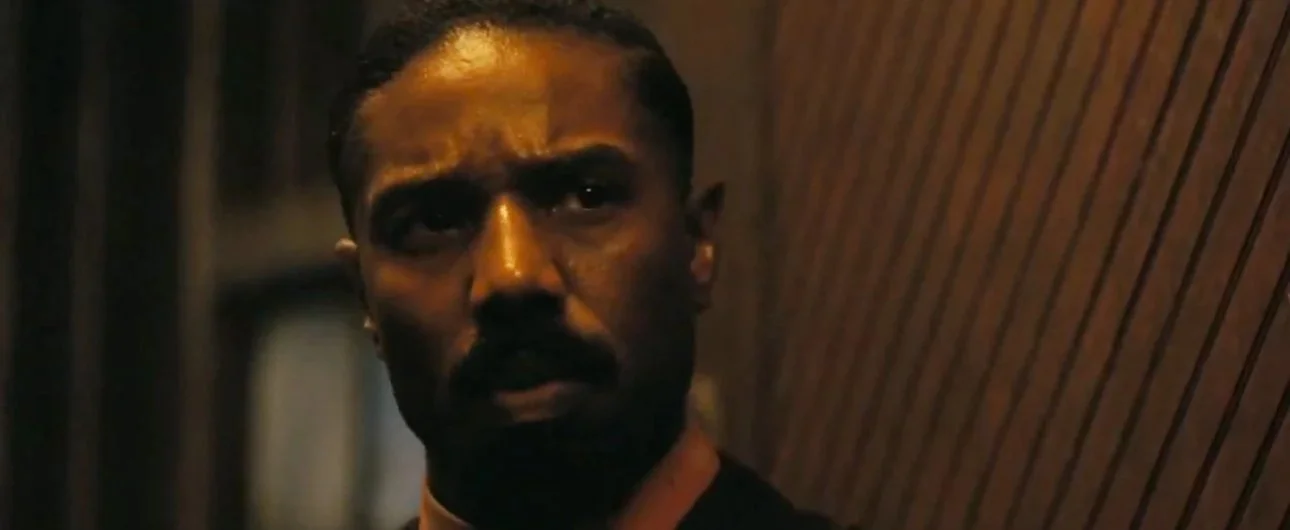At the 2019 Venice Film Festival, Roman Polanski premiered one of the best movies of his career. He even won the Grand Jury and Fipresci prizes at Venice. A few months later it was nominated for 12 French Cesar awards, it later won Polanski the Best Director award.
“An Officer and a Spy” is the real deal. Polanski crafted his film with absolute surgical genius. Only a master can make a film as sublimely atmospheric and textural as this one.
Set during “Belle Epoque” Paris, Polanski tackles the notoriously infamous true story of Alfred Dreyfus (Louis Garrel), a French Jew wrongfully convicted of treason and sentenced to life imprisonment by antisemitic and scapegoating authorities in 1894 France. Dreyfuss was condemned to Devil’s Island by a band of authoritative figures, with the help of newspapers all-too-willing to driven their narrative, suppressed the truth. Anyone who questioned the decision to imprison Dreyfuss was smeared.
Polanski and Robert Harris’s brilliant screenplay shows more than tells, getting us into the psyche of Georges Picqart (Jean Dujardin in the performance of his career), the intelligence officer who stumbled upon the French military cover-up. Even when Picqart ends up presenting evidence of Dreyfus’ innocence, French authorities refused to budge.
Polanski’s film is a cautionary tale of due process. “An Officer and a Spy” hits home because, as you watch the film, you realize that the 19th-century authoritative setting Polanski is presenting us on-screen is eerily similar to ours. With that in mind, “An Officer and a Spy” is very much intended as a modern-day parable, a movie about the repercussions of groupthink and mob justice.
Shot with a poet’s eye by longtime Polanski DP Pawel Edelman, whose gorgeous frames here are naturally lit, the film has top-notch production values in practically every department. Cue in the incredible production design courtesy of Jean Rabasse, not to mention the stunning art direction by Dominique Moisan and Alexandre Desplat’s sorrowful music, and the film never misses a beat. Polanski’s 127-minute film feels shorter than it is, never wasting a minute to tell its story in minimalist but powerful fashion.
When Polanski’s "The Ghost Writer" was released in 2010, a reader wrote to the late great film critic Roger Ebert complaining about his decision to see and review a film from an accused pedophile. Ebert replied: "A film is a film. It is good or bad. If I began making moral judgments of directors — or actors, or writers —where would it end?"
Polanski‘s “An Officer and a Spy” will probably never be theatrically distributed and released in the United States. Due to the current socio-political climate in the country, Polanski has been axed over a late ’70s statutory rape case — the same case which, lest we forget, didn’t stop the Academy from honoring Polanski with their Best Director statuette back in 2003 for the holocaust drama, “The Pianist.”
And so, despite “An Officer and a Spy” winning at Venice and topping polls in Europe, will American audiences ever see Polanski’s great film?
It doesn’t help that, despite the glowing reviews in Europe, American critics have, unsurprisingly, panned the film. “An Officer and a Spy” currently holds a 56 on Metacritic. However, Glenn Kenny’s rave was a nice and refreshing read. Kenny stated that the film “has something very real and urgent to say about the world we live in today. It's kind of a shame you'll probably never get to see it.”
As it stands, despite being released in numerous countries, four years later “An Officer And A Spy” still has no release with English subtitles. Not a single major distributor in any English-speaking country wants to touch the film.
Gaumont is selling the rights, but has refused to lower the licensing price to a point that any small American studio could acquire it. They also refused to allow licensees in any non-English-speaking countries to include English subtitles on their releases.
Gaumont’s decision is only part of the problem. Given the film’s quality, “An Officer and A Spy” deserves more than just a boutique label release.
U.S. distribution companies rejected buyers’ invitations to watch the film at the Cannes market. Howard Cohen of Roadside Attractions stated: "I think we would consider it, though I'm not even sure how I personally feel. People have been releasing his films for years. Now, we are looking at it through a different lens, with good reason. We have to search our souls if it's the right thing to do. What does it mean to release this movie? I don't think that's a settled question even in my mind."
This is said to be the mindset of most U.S. distributors, which means that, despite being released more than four years ago, Polanski’s film will likely never get screened Stateside anytime soon.






